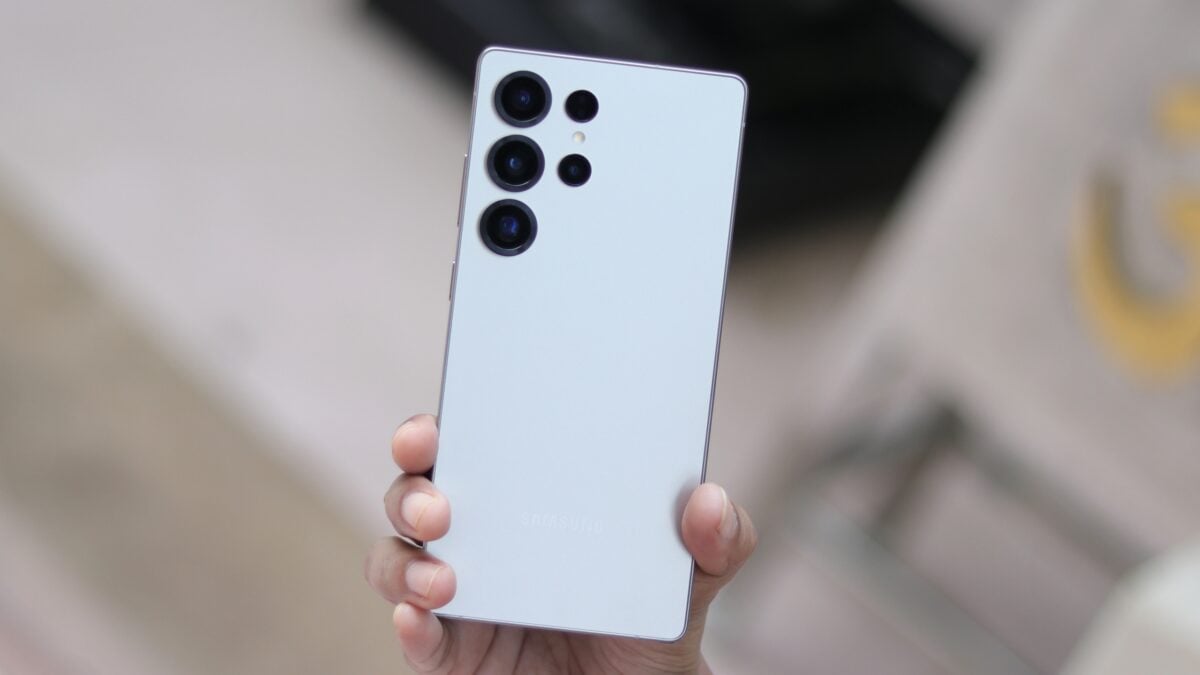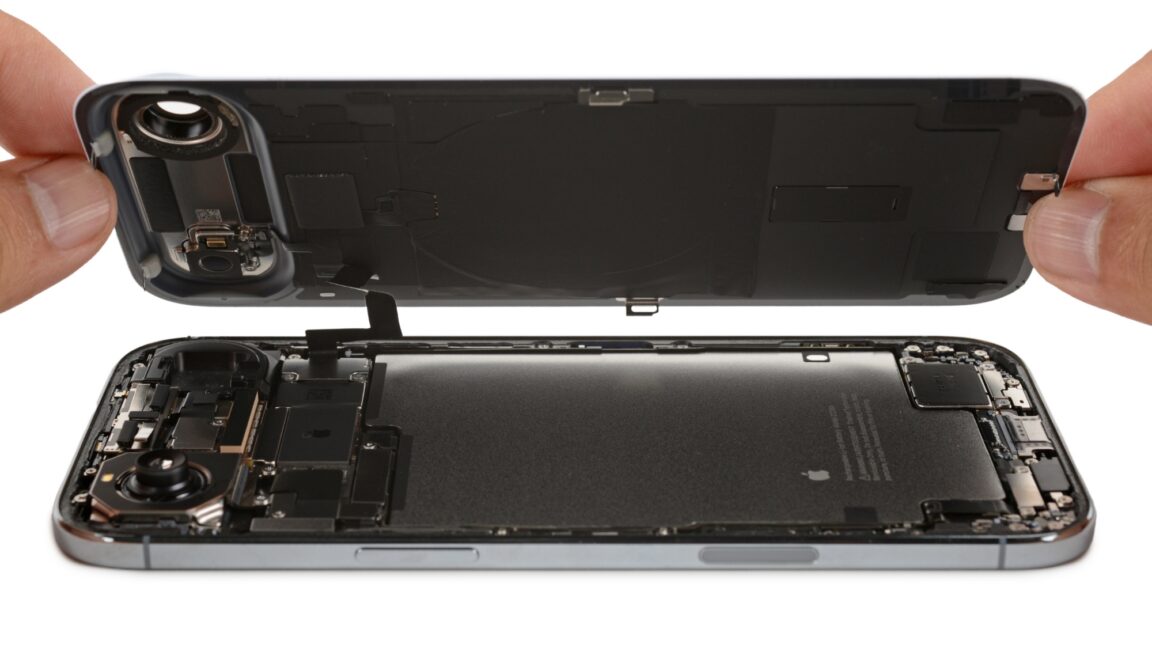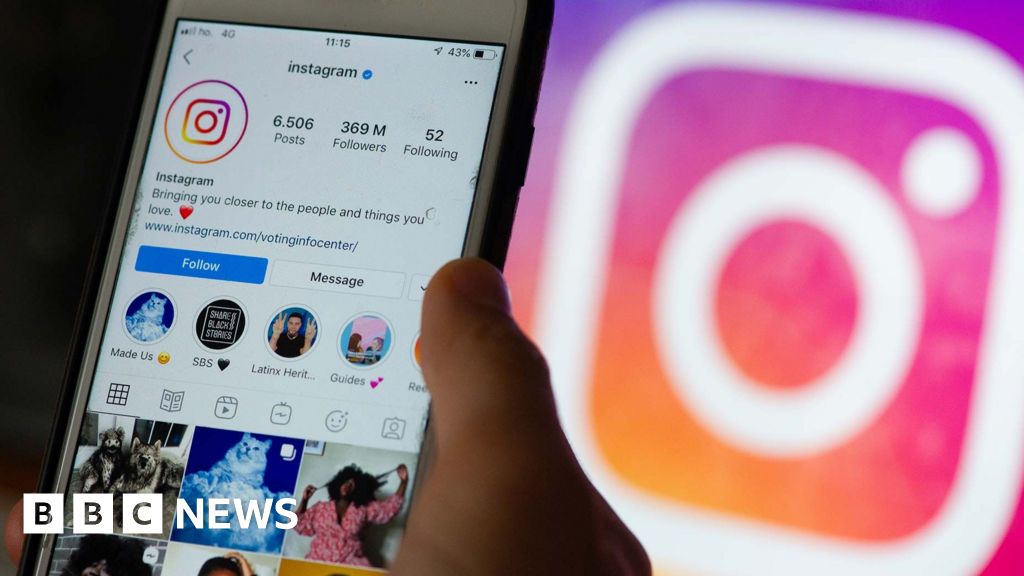One Month with iPhone Air: Camera and Battery Performance

One Month with iPhone Air: Camera and Battery Performance
When Apple unveiled the iPhone Air as its slimmest phone yet, I was skeptical—especially about its scaled-back camera hardware and battery capacity. But after a full month of daily use, my concerns have largely faded. The iPhone Air may not match the Pro models in raw specs, but it delivers impressively crisp photos and reliable battery life for most users. Apple’s optimization shines here, proving that smart software can compensate for smaller hardware. I never felt anxious about running out of power, even on busy days, and the camera consistently captured vibrant, detailed shots in a variety of lighting conditions.
Durability and Everyday Experience
Beyond camera and battery, the iPhone Air feels surprisingly durable for its ultra-thin design. It survived accidental drops and daily commutes without a scratch, which wasn’t something I expected from such a lightweight device. The phone’s compact form makes it a joy to carry, and I found myself reaching for it more often than bulkier alternatives. While power users might miss some advanced camera features, the iPhone Air strikes a great balance between portability and performance. For anyone prioritizing style and ease of use without sacrificing reliability, this phone is a compelling choice that stands up to real-world demands.
About the Organizations Mentioned
Apple
Apple Inc. is a leading American multinational technology company known for pioneering personal computing, mobile devices, and software ecosystems. Founded in 1976 by Steve Jobs and Steve Wozniak, Apple revolutionized technology with the first commercially successful personal computer and mainstream adoption of the graphical user interface (GUI), setting new standards in product design, user experience, and seamless integration across devices[2]. Headquartered in Cupertino, California, Apple’s product lineup includes the iPhone, iPad, Mac computers, Apple Watch, AirPods, and services such as the App Store, Apple Music, and iCloud. The company has built a vast ecosystem that enables third-party developers to expand product functionalities, strengthening its market dominance. Apple is widely recognized for its innovation in hardware, software, and services, with an emphasis on aesthetics and privacy. In 2025, Apple committed to its largest-ever investment initiative, pledging $600 billion over four years in the United States to boost manufacturing, research and development, and advanced technology sectors like artificial intelligence (AI) and silicon engineering[1][3]. This includes new manufacturing facilities, expanded R&D centers, and a program called the American Manufacturing Program (AMP) to encourage domestic production of critical components. These efforts support over 450,000 U.S. jobs and aim to establish a robust supply chain within the country[3]. Financially, Apple remains a powerhouse with a market capitalization of $3.84 trillion and annual revenue exceeding $400 billion. However, in 2025, it faced challenges including a 19% decline in stock value, intensified regulatory scrutiny from the U.S. Department of Justice over antitrust issues, legal disputes related to the App Store, and competitive pressure in AI technology[1][2]. Despite these hurdles, Apple continues to innovate, recently updating its software platforms with a unified "Liquid Glass" design and expanding its AI-driven personal assistant, Apple Intelligence[1]. Under CEO Tim Cook’s leadership, Apple balances technological advancement

















